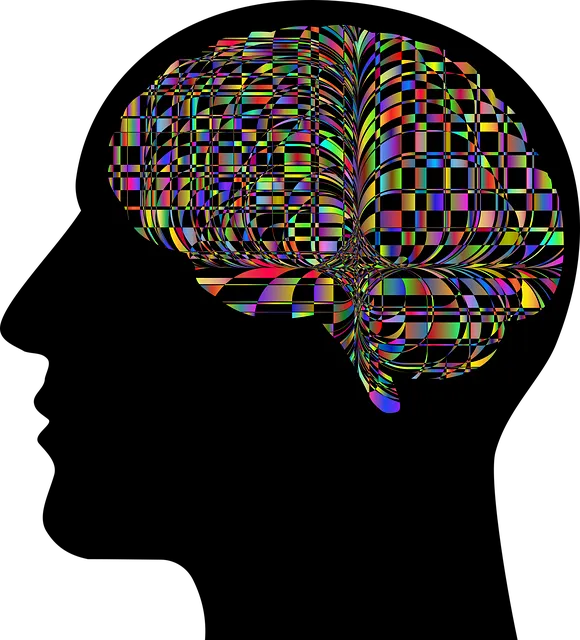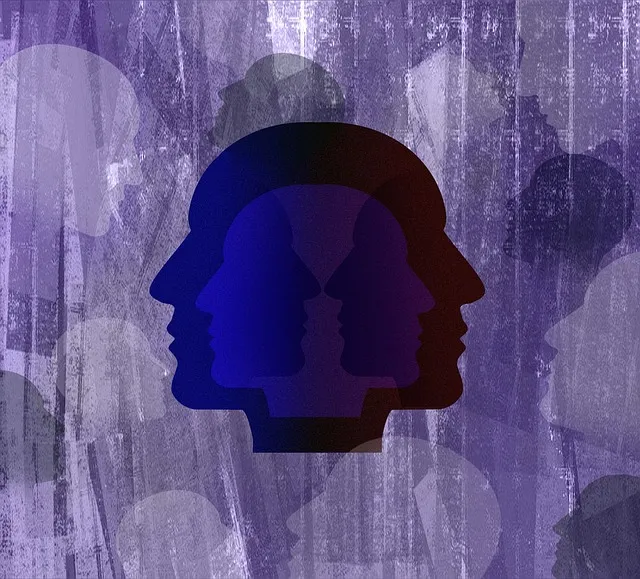Digital mental wellness apps, modeled after Aurora Kaiser Permanente behavioral health services, revolutionize traditional care by offering personalized support and increasing accessibility. Key features include mood tracking, video therapy, mindfulness exercises, and peer connections through push notifications and social features. Cultural sensitivity ensures inclusivity. App development involves extensive research, collaboration with experts, strategic marketing, continuous updates, and user feedback.
Mental wellness apps are gaining prominence in today’s digital landscape, addressing the growing need for accessible mental health support. This article explores the development of such apps, drawing insights from the successful Aurora Kaiser Permanente Behavioral Health Services model. We’ll guide you through understanding user needs, designing effective features, and implementing a robust app development process. By delving into these key areas, we aim to empower developers in creating impactful mental wellness solutions akin to Aurora’s innovative services.
- Understanding the Need for Mental Wellness Apps: Exploring the Aurora Kaiser Permanente Behavioral Health Services Model
- Key Features and Functionality: Designing an Effective App for Mental Health Support
- Development Process and Implementation: Building, Launching, and Sustaining a Successful Mental Wellness App
Understanding the Need for Mental Wellness Apps: Exploring the Aurora Kaiser Permanente Behavioral Health Services Model

In today’s fast-paced world, mental wellness has emerged as a paramount concern, driving the need for innovative solutions like mental wellness apps. Traditional behavioral health services often face challenges in reaching a broad audience and addressing the growing demand for accessible mental healthcare. The Aurora Kaiser Permanente Behavioral Health Services model serves as an inspiring example of how technology can augment and enhance traditional care. By integrating digital tools and resources, this model aims to improve Mental Health Awareness and promote Positive Thinking through tailored interventions.
The app-based approach leverages Self-Awareness Exercises and interactive features to empower users with the skills to manage their mental well-being proactively. This shift towards digital delivery not only increases accessibility but also offers a more personalized and discreet experience for individuals seeking support. By learning from models like Aurora Kaiser Permanente, developers can create effective and engaging mental wellness apps that cater to diverse user needs and contribute significantly to fostering holistic well-being.
Key Features and Functionality: Designing an Effective App for Mental Health Support

In developing an effective mental health support app, such as those offered by Aurora Kaiser Permanente behavioral health services, designers must prioritize key features that cater to users’ diverse needs. Essential functionalities include personalized mood tracking, accessible therapy sessions through video conferencing or text-based chats, and a comprehensive library of mental wellness resources like articles, guided meditations, and self-care exercises. These elements empower users with tools for proactive mental management.
Furthermore, effective communication strategies should be integrated into the app’s design. This could involve push notifications for scheduled check-ins, secure messaging for confidential support, or even social features facilitating peer-to-peer connections. Incorporating these communication avenues aligns with the broader Mental Health Policy Analysis and Advocacy goals of fostering connected communities. Additionally, Healthcare Provider Cultural Competency Training can be reflected in the app by offering culturally sensitive content and resources, ensuring a holistic approach to mental health care that respects diverse backgrounds and perspectives.
Development Process and Implementation: Building, Launching, and Sustaining a Successful Mental Wellness App

The development process for a mental wellness app begins with extensive research and understanding of the target audience’s needs. It involves collaborating with experts from Aurora Kaiser Permanente behavioral health services to ensure the app aligns with evidence-based practices. This phase includes defining key features, such as mood tracking, mindfulness exercises, and personalized therapy sessions, tailored to enhance users’ mental wellness. The design should be intuitive, accessible, and engaging, considering user experience (UX) principles to foster adoption and adherence.
Once developed, launching the app requires a strategic marketing campaign, highlighting its unique value proposition, especially in the competitive market of Mental Wellness Podcast Series Production and Mental Wellness Coaching Programs Development. Post-launch, sustained success demands ongoing user engagement through regular content updates, community building, and integration of features that support continuous Mood Management. Regular feedback from users is crucial for identifying areas of improvement, ensuring the app remains relevant and effective in meeting users’ evolving mental health needs.
The development of mental wellness apps, exemplified by the innovative model at Aurora Kaiser Permanente Behavioral Health Services, presents a promising avenue for enhancing access to mental health support. By integrating key features like personalized therapy sessions, mood tracking, and community forums, these applications have the potential to revolutionize care delivery, making it more convenient and accessible. As we move forward, a successful mental wellness app requires careful planning, user-centric design, and ongoing evaluation to ensure its effectiveness and sustainability, ultimately contributing to improved overall well-being.






